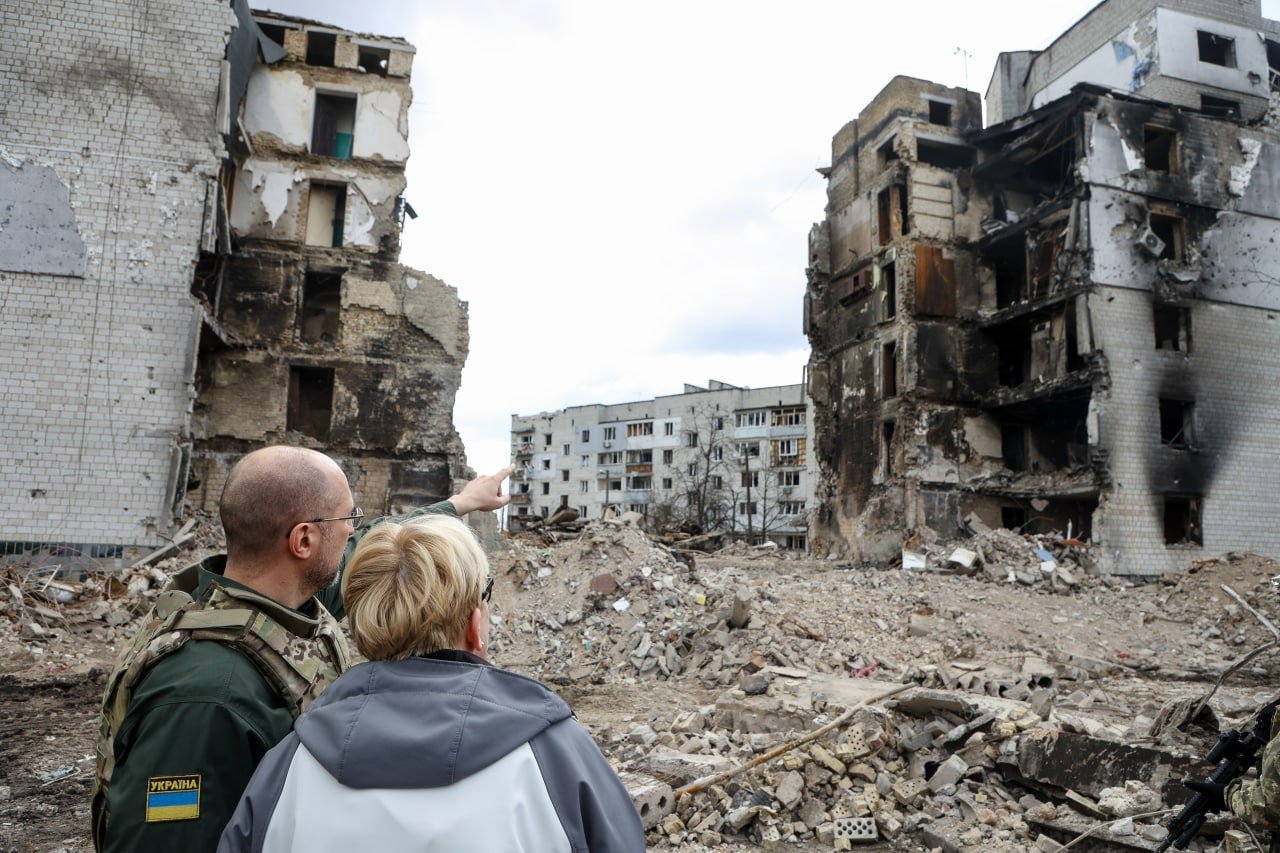
A Hague-based international prosecutorial team launched preparation July 3 of case materials against Russia for the crime of aggression—an offense that is notoriously difficult to prosecute. The International Center for the Prosecution of the Crime of Aggression (ICPA) was established within Eurojust, the European Union’s agency for judicial cooperation. The new office will draw together prosecutors from various European countries, as well as from the International Criminal Court (ICC), to gather evidence of Russian aggression in Ukraine.
Read the announcement: “The war in Ukraine is the most documented in history, and, for the first time, active investigations into the crime of aggression are taking place while an armed conflict is still ongoing. At the same time, we are dealing with an international crime that has rarely been prosecuted and for which there is no standard practice.”
The center will collect evidence with the awareness that it remains unclear where the case will ultimately be prosecuted—in national courts, a dedicated international tribunal, or before the ICC.
The initiative was initially announced by EU President Ursula von der Leyen in February, who said at the time: “Russia must be held accountable in courts for its odious crime.”
From Jurist, July 3. Used with permission.
Note: The ICC, UN Human Rights Council, European Union and Ukrainian judicial authorities have all opened investigations into possible war crimes in Ukraine, amid growing international support for a special tribunal to try Russian officials.
Photo via Twitter





US to help Ukraine, ICC investigate Russia war crimes
US Attorney General Merrick Garland announced Aug. 7 that the US Department of Justice (DoJ) will assist Ukraine and the International Criminal Court (ICC) in ongoing investigations of Russian war crimes. This is a major policy reversal, as the Department of Defense previously blocked cooperation with the ICC in relation to its case against Russian President Vladimir Putin. (Jurist)
In March, the DoJ entered into a memorandum of understanding with the seven-member Joint Investigative Team established to document Russian war crimes.